Eric Reid Committee
8 members
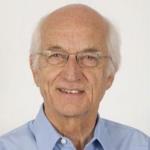
Dr Geoffrey Cook
Dr Geoffrey Cook
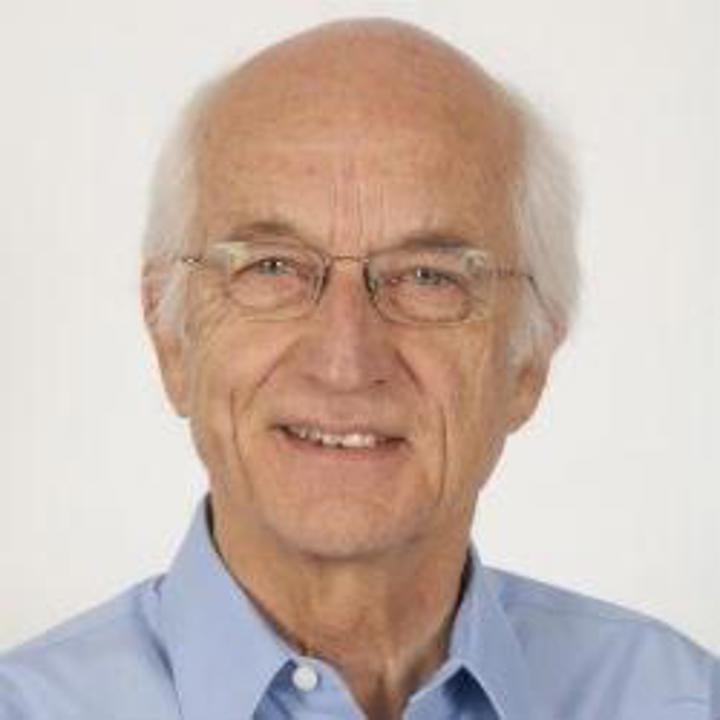
Dr Cook read Chemistry at the University of Nottingham coming to Cambridge in 1959 to undertake his doctoral research in the Department of the then Regius Professor of Physic. From 1963-65 he was a Research Associate, Department of Biochemistry, University of Southern California School of Medicine, Los Angeles. He returned to Cambridge as a Member of the External Scientific Staff of the Medical Research Council, initially at the Strangeways Research Laboratory, moving in 1976 to the Department of Pharmacology, where the University granted him an Associate Lectureship. In 1977 he was a Canadian Commonwealth Research Fellow, Biological Sciences Centre, University of Alberta, Edmonton. In 1986 he transferred his MRC appointment to the Department of Anatomy, now part of the Department of Physiology, Development & Neuroscience, where as an Affiliated Lecturer he is undertaking research in developmental neurobiology.
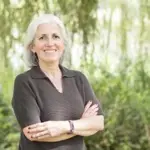
Dr Lisiane Meira
Dr Lisiane Meira
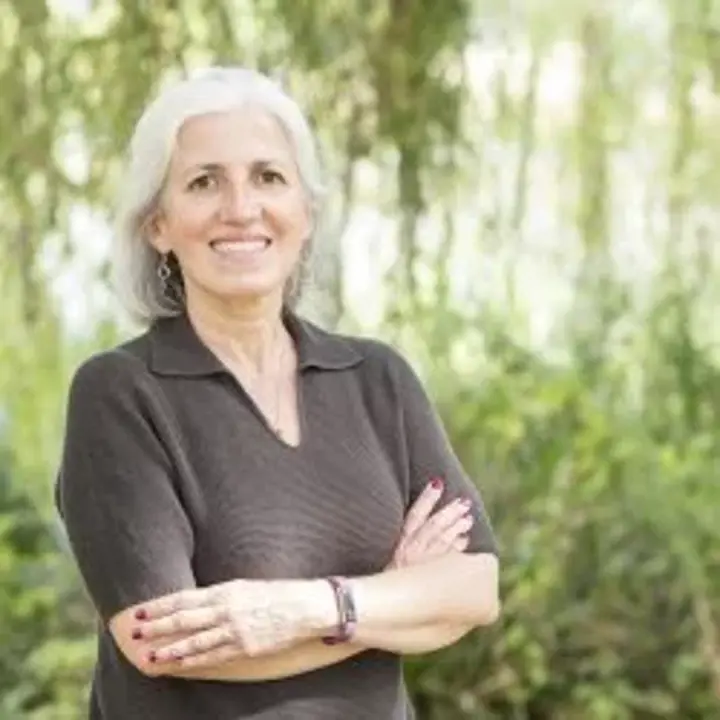
Lisiane gained her PhD in Molecular Biology and Genetics at the Universidade Federal do Rio Grande do Sul, Porto Alegre, Brazil in 1994 and then became a post-doctoral fellow at the UT Southwestern Medical Center in Dallas, USA. From 2009, Lisiane has been a Lecturer in DNA Damage and Ageing/Toxicology at the University of Surrey.
Lisiane's research focusses on the study of cellular responses to stress and their importance in the pathogenesis and therapeutics of cancer and other chronic diseases. In particular, Lisiane's work has focused on alkylating agents, a ubiquitous family of reactive chemicals that are cytotoxic and mutagenic and pose significant threats to human health but are also commonly used systemically in the clinic as cancer chemotherapeutic agents.
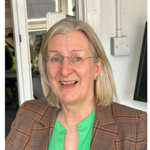
Professor Ann Walker
Professor Ann Walker
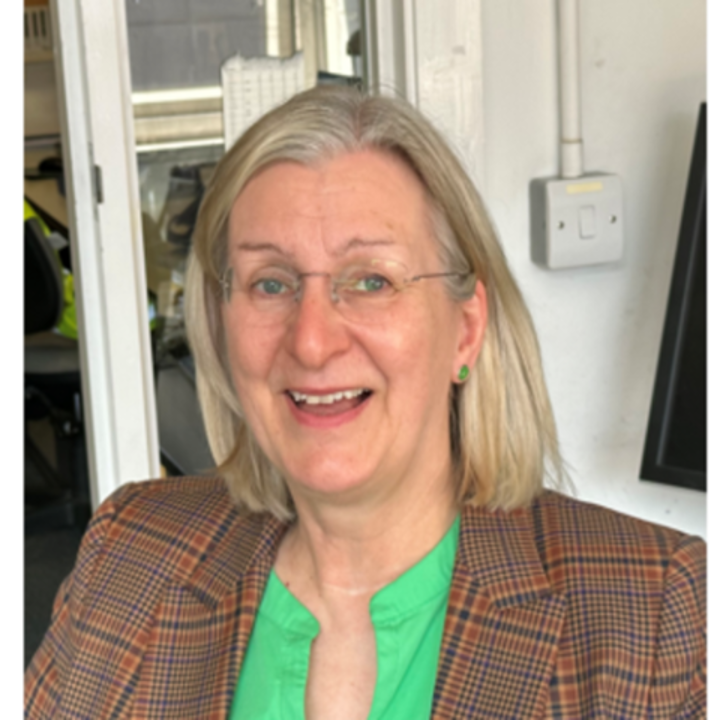
Ann is currently the Director of Education for the Institute of Cardiovascular Science and Module Lead for Cardiovascular Science and Disease at University College London. Ann completed a PhD investigating cerebral DNA damage and repair in ageing and in Alzheimer’s disease, leading to training in genetics and postdoctoral studies at Duke University. This contributed to the eventual recognition of APOE4 as a major genetic risk factor for Alzheimer’s disease. APOE4 was later also recognised as a major genetic risk factor for cardiovascular disease.
As a postdoctoral fellow at the Weatherall Institute of Molecular Medicine, Ann used a positional cloning strategy to identify the human glycerol kinase gene. She also played a major role in the mapping and identification of the gene responsible for adrenal hypoplasia congenita.
Ann's research focuses on molecular mechanisms underlying disease as potential targets for treatment.
Keywords: Clinical sciences, immunology, paediatrics, cardiovascular medicine, medical biochemistry and metabolomics.

Dr Miriam Dwek
Dr Miriam Dwek
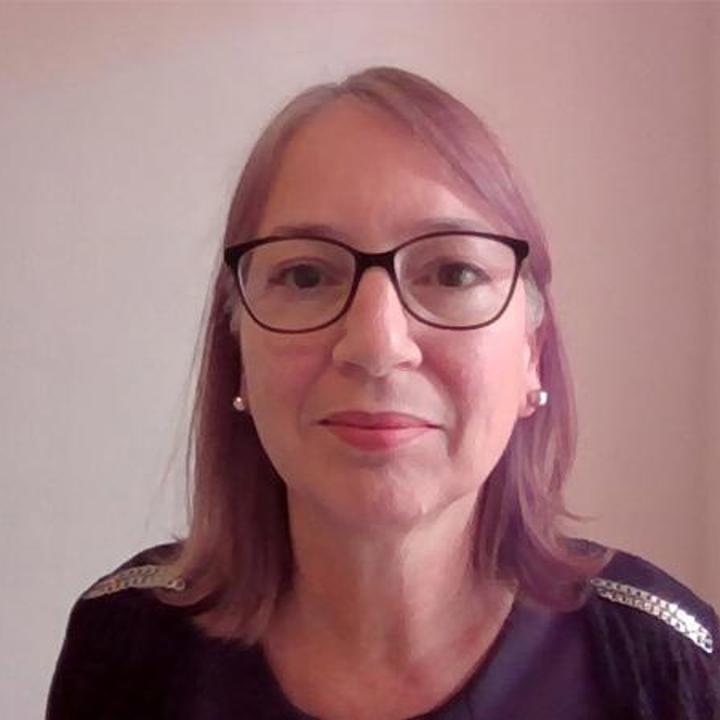
Miriam read a BSc in Applied Biology and on graduation she joined the biotech company Oxford Glycosystems as a Manufacturing Scientist. Her PhD was undertaken at UCL Medical School in the Department of Surgery. After two periods of post-doctoral work she moved to the University of Westminster and set up her own lab where she has been based since 2002. Miriam established the Cancer Research Group at the University of Westminster in 2011 and the MSc Biomedical Sciences Cancer Biology Pathway.
Miriam's research focusses on harnessing the glycosylation changes evident in cancer. This has included investigating and developing improved biomarkers and improving the action of anti-cancer agents by investigating the role of glycosylation inhibitors as anticancer agents.

David Perrett
David Perrett


Dr Simon Moore
Dr Simon Moore
Dr Simon Moore began as a BBSRC funded PhD student (2007-2011) with Professor Martin Warren (University of Kent), working on tetrapyrrole natural product biosynthesis, the so-called “pigments of life” (Battersby AR, Nat. Prod. Rep., 2000,17, 507-526). Significantly, Dr Moore and collaborators elucidated the anaerobic biosynthesis for both the vitamin B12 and coenzyme F430 tetrapyrrole pathways. In 2013, Simon joined Imperial College London with Professor Paul Freemont and Dr Karen Polizzi to study the rising field of synthetic biology and its potential for accelerating natural product discovery. Then, he began an Imperial College and Wellcome Trust ISSF fellowship in 2017 to study natural product biosynthesis in Streptomyces, including the development of a Streptomyces venezuelae cell-free protein synthesis system. In 2018, Simon re-joined the University of Kent as a lecturer, before transferring to the School of Biological and Behavioural Sciences, Queen Mary University of London in 2023. In 2025, Simon transferred to Imperial College London’s Department of Life Sciences as a Senior Lecturer in Metabolic Engineering.
Keywords: synthetic biology, biosynthesis, cell-free systems, vitamin B12 / tetrapyrroles
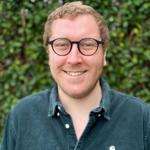
Dr James Turnbull
James studied Biochemistry at Sheffield Hallam University, and completed an industrial placement year in the pharmaceutical sector based in Cambridge. Moving to the University of Nottingham in 2018, James competed an NIHR funded PhD studying the role of lipid metabolism in osteoarthritis, awarded in March 2023. Currently, James is a post-doctoral research fellow at the University of Nottingham and uses a range of analytical methods and omics techniques to study the molecular pathology of inflammatory diseases.
Keywords: Mass Spectrometry, Omics, Inflammation, Pathology, Pain

Dr Nicholas Mccaul
Dr Nicholas Mccaul

Nick completed his PhD in the lab of Prof. Ineke Braakman at Utrecht University where he focused on the oxidative folding of the HIV-1 envelope glycoprotein in the endoplasmic reticulum. He then moved to Boston Children's Hospital for a postdoc in the lab of Dr Hidde Ploegh where he worked on a variety of projects involving cellular stress responses, B cell immunology, protein ligation and development of anti-ebolavirus VHHs. Nick returned to the U.K in 2022 to take up a position as lecturer at the University of Huddersfield and was made Senior Lecturer in 2024. His lab is currently interested in developing tools to study and block viral infections and exploiting protein engineering methods to develop virus-like particles (VLPs) as drug nanocarriers.
Keywords: Protein folding, Virology, Unfolded Protein Response, Cellular Stress, Endoplasmic Reticulum.



